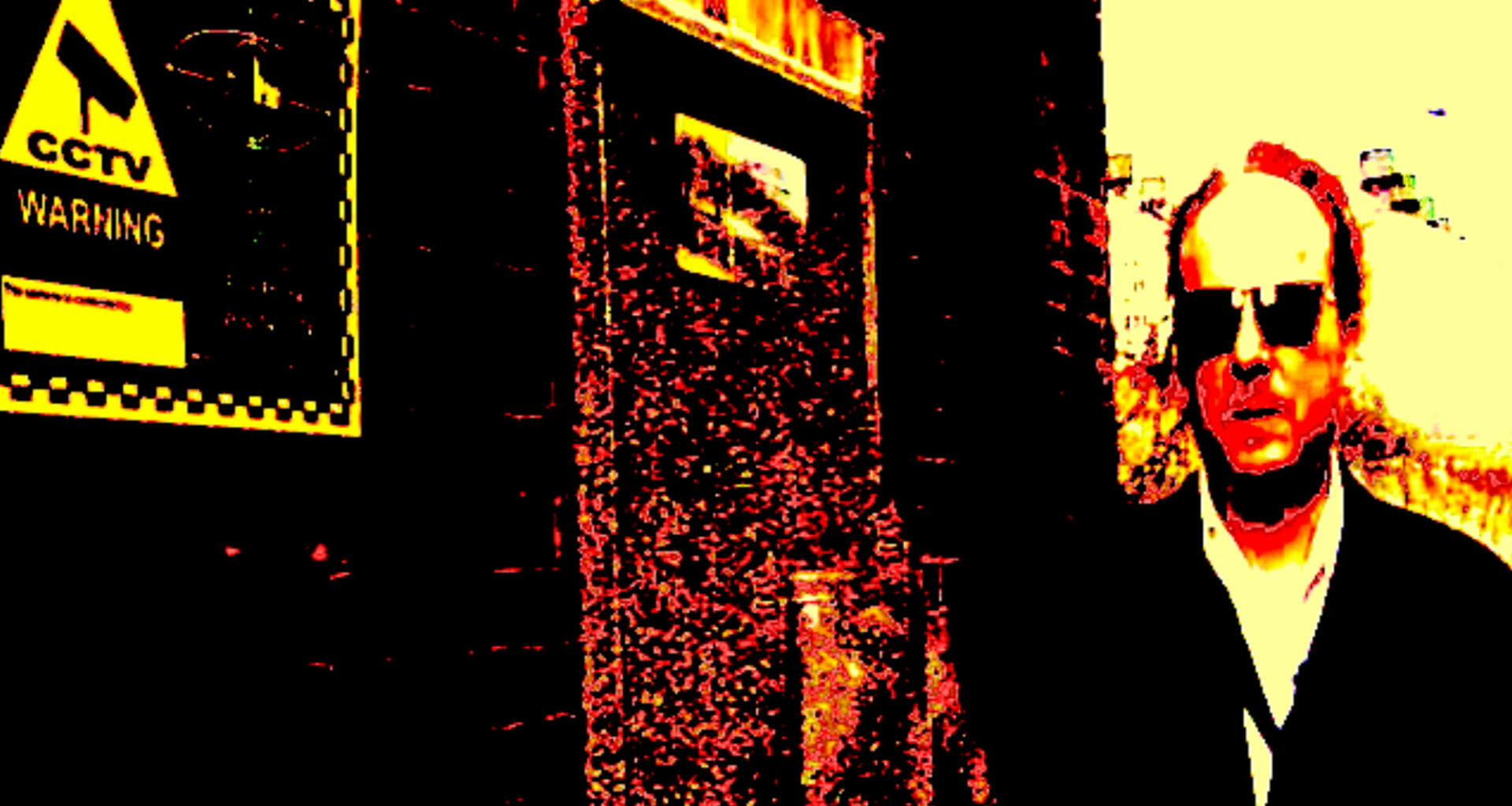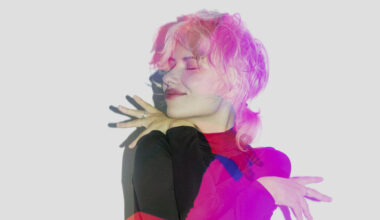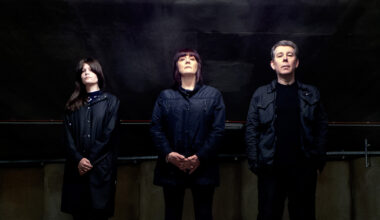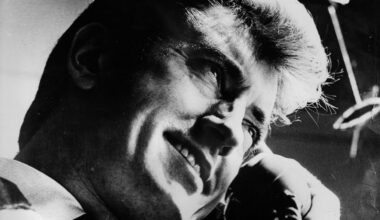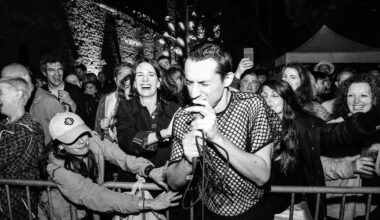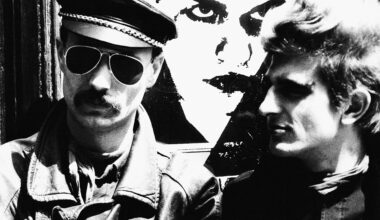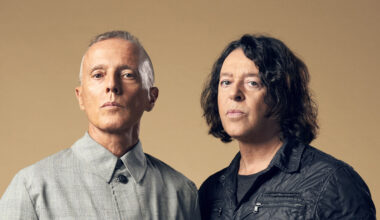He’s been known by many aliases throughout his long solo career, but Richard H Kirk is now once again Cabaret Voltaire. After a hiatus of more than 25 years, the Cabs’ ‘Shadow Of Fear’ album is both a reflection of the current madness and a nod to the possibility of happier times ahead
Want to read more?
Sign up to Electronic Sound Premium to gain access to every post, video, special offers, and more. 100%, all you can eat, no commitment, cancel any time.
Already a premium member? Log in here
